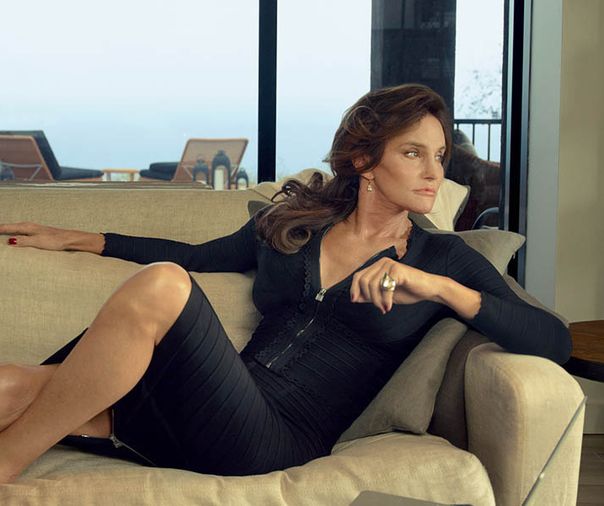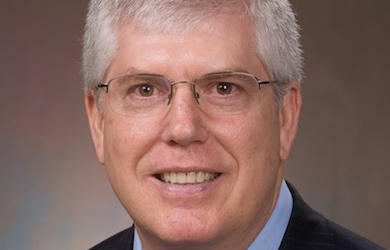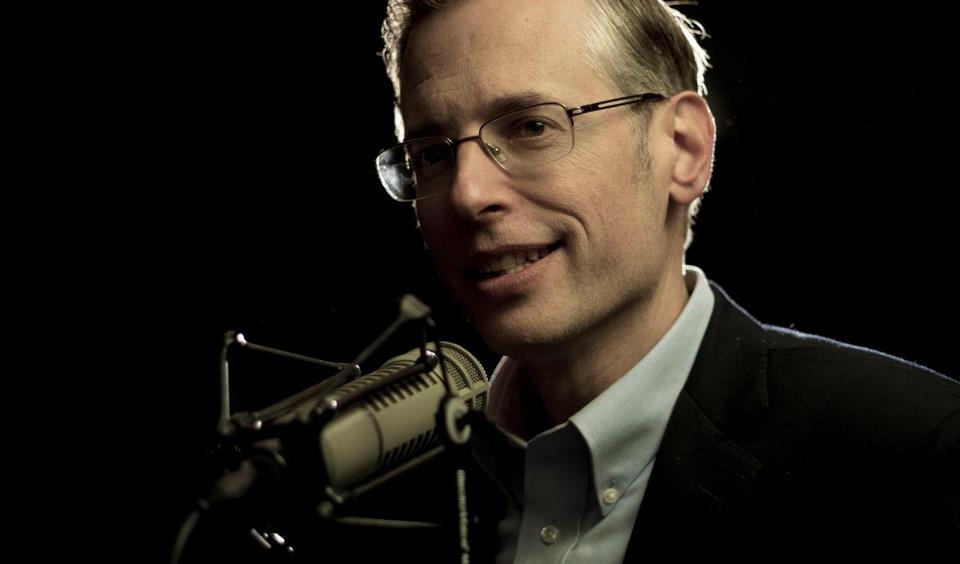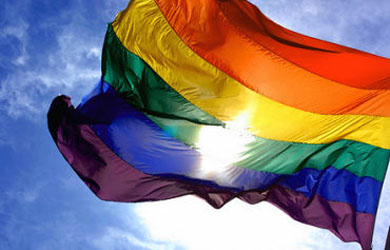Brent Bozell of the Media Research Center talks a lot about “balance,” consistently railing against the media for not giving sufficient time to conservative viewpoints. While the MRC wants “balance” in the media, apparently it could not tolerate “balance” at CPAC as the group decided to boycott the conference over the participation of the gay-inclusive organization GOProud. Now, Bozell is upset the media isn’t more critical of gay teen characters on television, particularly Glee. He laments the success and portrayal of Glee actor Chris Colfer and the introduction of a transgender character on the show Degrassi, blaming “gay propaganda” for “intimidating dissidents” and blasting GLAAD for “pushing to take the pro-gay message to grade-schoolers.” Bozell writes:
Their most controversial scene was the two private-school boys singing “Baby, It’s Cold Outside” to each other on the Fox show. “That was the gayest thing that has ever been on TV, period, ” Colfer boasted. The magazine touted this was the hottest-selling track on the “Glee” Christmas album, which gives you a flavor of Hollywood’s reverence for that holy day.
As you might suspect, Entertainment Weekly didn’t plan to debate gay teen propaganda, but to encourage it, energetically. Not a single soul had anything critical to say. Not even a question. If this magazine weren’t so earnestly in the tank, the story could come with a disclaimer: “This issue is an advertisement bought and paid for by the Gay & Lesbian Alliance Against Defamation.”
Writer Jennifer Armstrong summed it up like this: “The good news: Young gay characters are on a momentous roll after years of stops and starts.” EW championed under the inside headline how “networks are making up for years of on-air silence and providing inspiration for real-life youth (and parents) still searching for answers.” Armstrong says gay characters are “not just an accepted, but expected part of teen-centric television.” (Emphasis hers.)
They are not celebrating diversity. They are intimidating dissidents.
In their Gay Teen Timeline, we hear the gay actors proclaiming the lack of opposition. “We never received a negative word,” says the gay actor on ABC’s 1994 bomb “My So-Called Life.” The gay teen on ABC’s “Ugly Betty” insisted, “99 percent of the public response was positive.” Translation: Get in line.
…
But there is always a new trail to blaze. TeenNick’s grope opera “Degrassi” has had eight gay characters and is now normalizing “Adam,” a female-to-male transgender teen. Co-creator Linda Schuyler proclaimed, “People are realizing that the lines of sexuality are not just drawn between gay guys and lesbian girls, but there is a sliding scale of sexuality, and that’s something new.”
No one should be surprised that Armstrong and her GLAAD allies are also pushing to take the pro-gay message to grade-schoolers. Armstrong complained gay characters are “entirely absent from mainstream sitcoms and tween networks like Disney Channel and Nickelodeon.” Disney Channel issued the magazine a vague statement about their “responsibility to present age-appropriate programming for millions of kids age 6-14 around the world.”
“Age-appropriate” is not a term these activists recognize. Parents should understand that their young children are the next propaganda targets.








